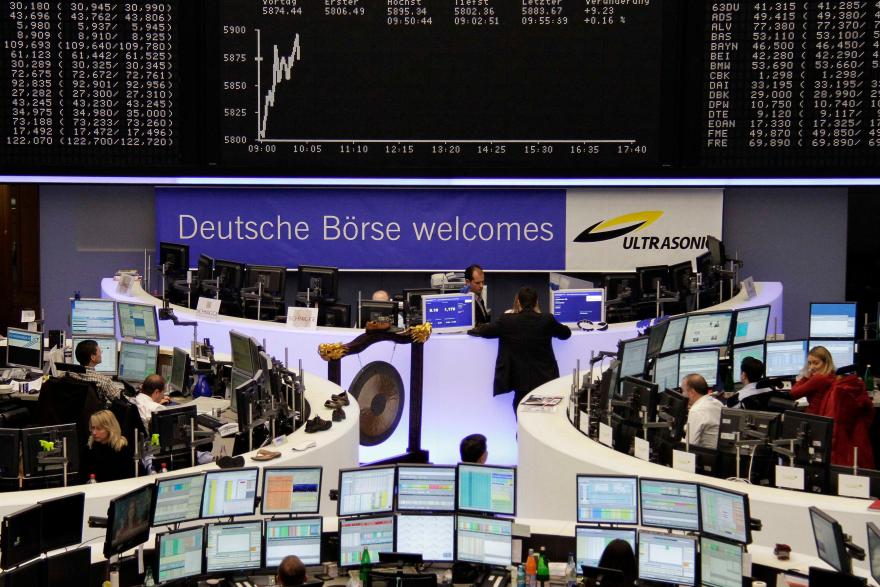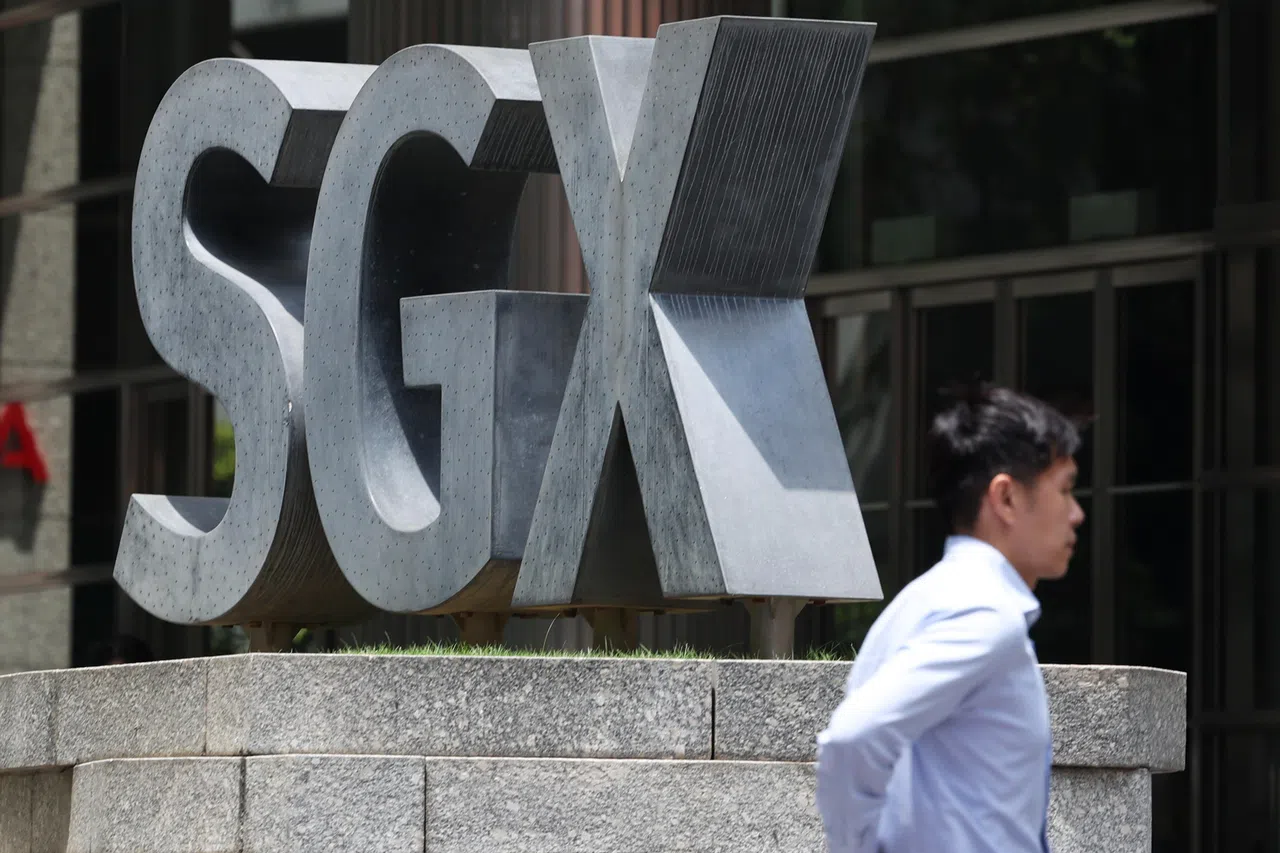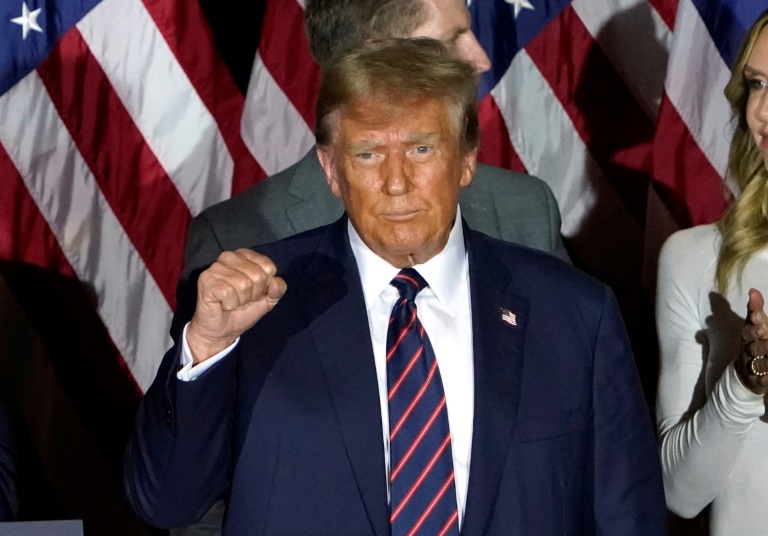DEUTSCHE Boerse chief executive Theodor Weimer said on Thursday (Feb 8) that he had wanted more from newly-agreed European Union rules aimed at shifting euro derivatives clearing from London to the bloc, but they were still a step in the right direction.
EU policymakers reached a provisional deal on the rules on Wednesday, forcing banks and asset managers in the bloc to have an “active account” with an EU-based clearing house for widely-used derivatives such as euro interest rate swaps (IRS).
Deutsche Boerse’s Eurex Clearing arm in Frankfurt is the leading clearer for euro IRS in the EU, with Madrid Bourse and Nasdaq in Stockholm also vying for business in a market dominated by London Stock Exchange Group. The EU wants euro clearing to shift from Britain following its departure from the bloc, and to have direct oversight over the activity.
However, only nominal volume targets have been set initially to ensure accounts are live, though EU financial services chief Mairead McGuinness has said “this is just the start”, with Brussels reviewing progress within two years.
Weimer said he wanted “market driven solutions”, and that Eurex’s partnership programme of customer incentives to attract euro IRS clearing was a “good success”, garnering a 20% market share in volumes in euro swaps.
The deal on EU rules seem to be a “good compromise” between the need to build up clearing autonomy in the bloc, and having rules that are “feasible” for customers to apply, Weimer said.
“We want to see this implemented swiftly. Of course we want to see more … but you take what you get. I think we are going in the right direction,” Weimer told a press conference.
The euro clearing rules are part of EU efforts to deepen the bloc’s capital market to compete better with Wall Street for company listings, and reduce a heavy reliance on bank loans in European corporate financing.
Progress on capital markets union, however, has been patchy.
“We have to strengthen and deepen capital market union, that is a must. We cannot and must not relent on this,” Weimer said.
“It’s not yet finished, and it would be fatal to stop implementing capital markets union at this point.” REUTERS







